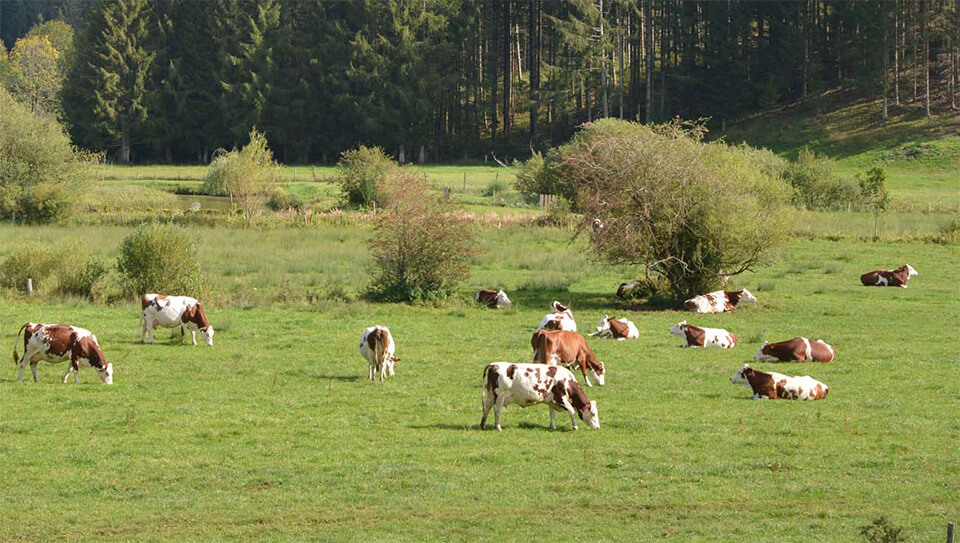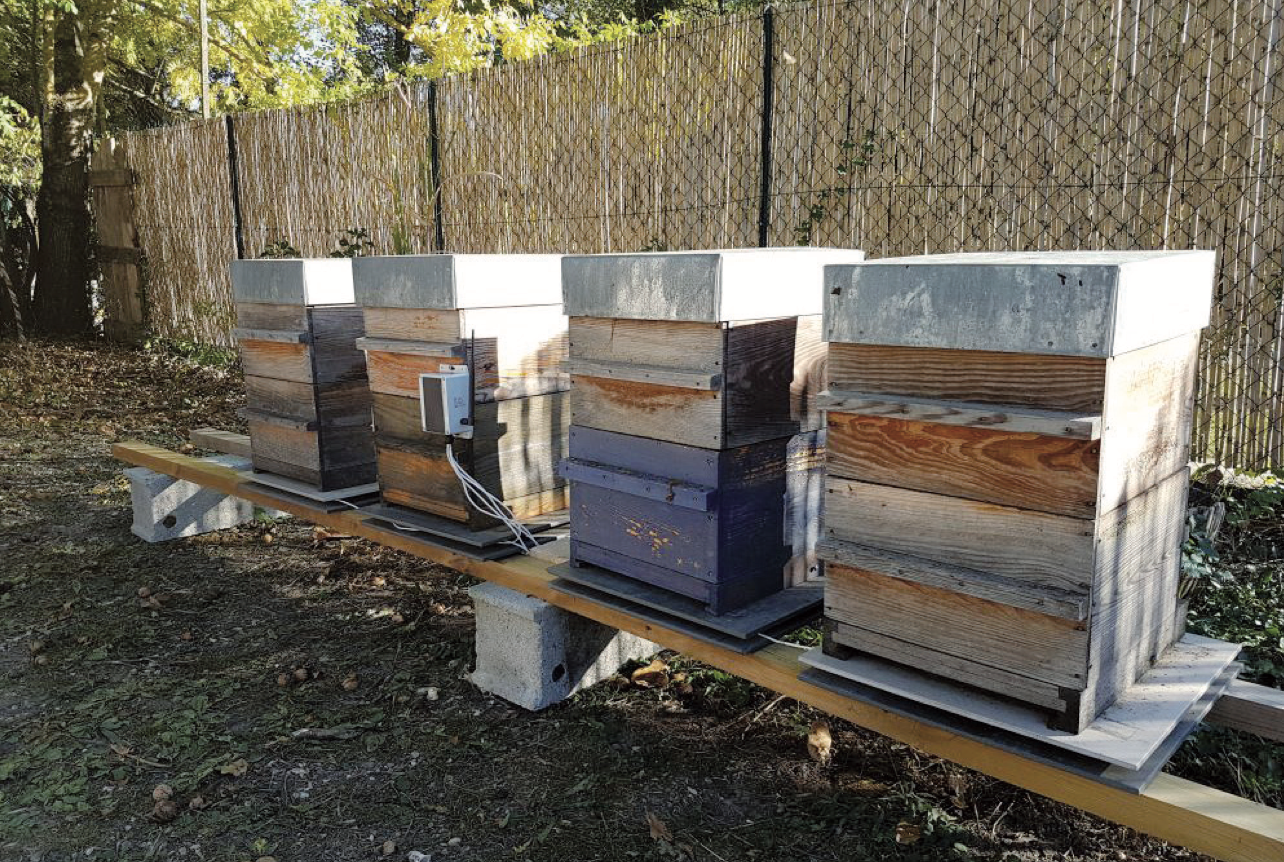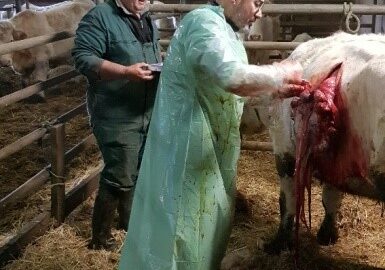Antibiothérapie en pathologie respiratoire bovine, bilan et perspectives

Auteurs
Résumé
L’antibiothérapie est une des clés de voûte de la lutte contre les troubles respiratoires des bovins. En raison de l’importance épidémiologique et économique de ces affections, mais aussi pour des raisons pratiques, certaines stratégies non étayées scientifiquement sont utilisées couramment. Or, l’usage des antibiotiques en élevages fait souvent l’objet de débats en raison de la contribution, même marginale, de cet usage à la sélection de résistances bactériennes ensuite transmises à l’homme. Le concept « one world, one health » popularisé par l’OIE souligne en effet la place centrale du vétérinaire dans la santé publique, et l’utilisation des antibiotiques par les praticiens fait partie intégrante de la santé publique vétérinaire. Pour éviter de voir encore contesté l’usage vétérinaire des antibiotiques, il convient de les utiliser de façon prudente et raisonnée, dans le cadre d’une approche globale intégrant vaccination et correction des facteurs de risque.
Abstract
Antibiotic therapy is one of the main tools in the fight against respiratory problems in cattle. Due to the importance of respiratory disease, both epidemiologically and economically, but also for practical reasons, some strategies, unsupported scientifically, are currently used in its treatment. However, the use of antibiotics on farms is often the subject of debate due to its involvement, even if it is marginal, in the selection of resistance which can be transmitted to man. The concept “one world, one health” developed by the World Organisation for Animal Health underlines the central position of the veterinary surgeon in public health, and the use of antibiotics by the practitioner makes him an integral part of veterinary public health. In order to avoid continued questioning of the veterinary use of antibiotics, it is important to use them prudently within the framework of a global approach integrating vaccination and the reduction of risk factors.
D'autres articles
Découvrez aussi nos formations
01 décembre 2025
5 jours
Bovin laitier · Bovin viande · Bovins


